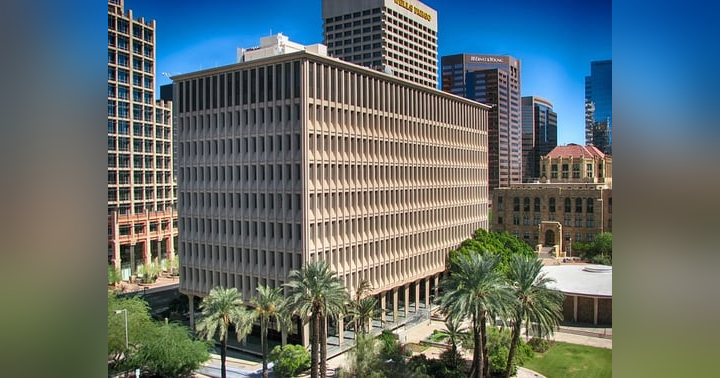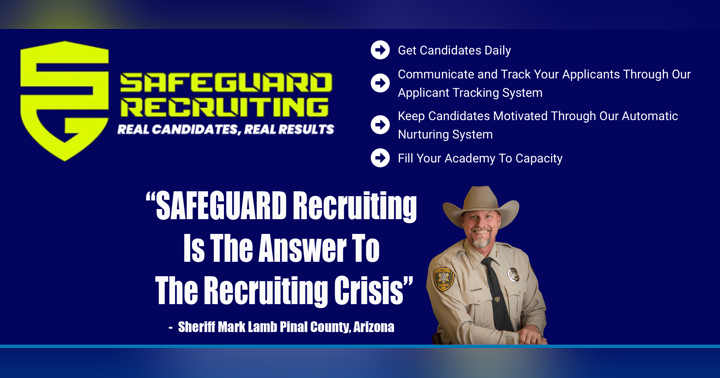Reimagining NYPD Will Destroy Public Safety

In an era where law enforcement is constantly under scrutiny, the passage of the How Many Stops Act in New York City has sparked a fierce debate about the future of policing in America's largest metropolis. This podcast episode brings into focus the intricate balance between the need for transparency and the potential risks to effective policing.
The episode discusses the NYPD's current challenges, such as a staffing crisis exacerbated by a migrant crisis and the controversial new legislation requiring officers to document the demographics of every civilian encounter.
The episode paints a picture of a police force at a crossroads, where the demand for increased oversight may be at odds with proactive policing strategies that have historically kept crime rates in check. With New York City as a case study, the conversation extends to a broader national discourse on the future of policing in urban centers.
Critics of the How Many Stops Act argue that it could discourage officers from engaging with the community, potentially leading to a rise in crime due to less proactive policing. Supporters of the bill, however, see it as a necessary step towards addressing issues of racial profiling and building trust between law enforcement and the communities they serve.
The podcast episode doesn't shy away from discussing the political implications of the legislation. It delves into the broader strategies of law enforcement reform and the rhetoric surrounding movements like defund the police. It questions whether such reforms are a covert strategy to undermine the police force and suggests that the ramifications could be detrimental to the fabric of New York City's safety.
Moreover, the episode calls for strong leadership and the unwavering support of national police organizations to navigate these turbulent times. It emphasizes the importance of unity within the law enforcement community to combat what is perceived as an increasingly hostile environment towards police officers.
As the episode concludes, it urges listeners to remain vigilant and to recognize the need for both accountability and support for the law enforcement community. It's a clarion call for a reasoned approach to reform, one that acknowledges the complexities of urban safety and the essential role of policing in maintaining order within the societal framework.
In essence, this podcast episode is not just a commentary on a single piece of legislation but a deep dive into the ongoing conversation about policing, community relations, and the delicate dance between civil liberties and public safety. It's a timely and crucial discussion for anyone interested in the future of urban governance and law enforcement.






